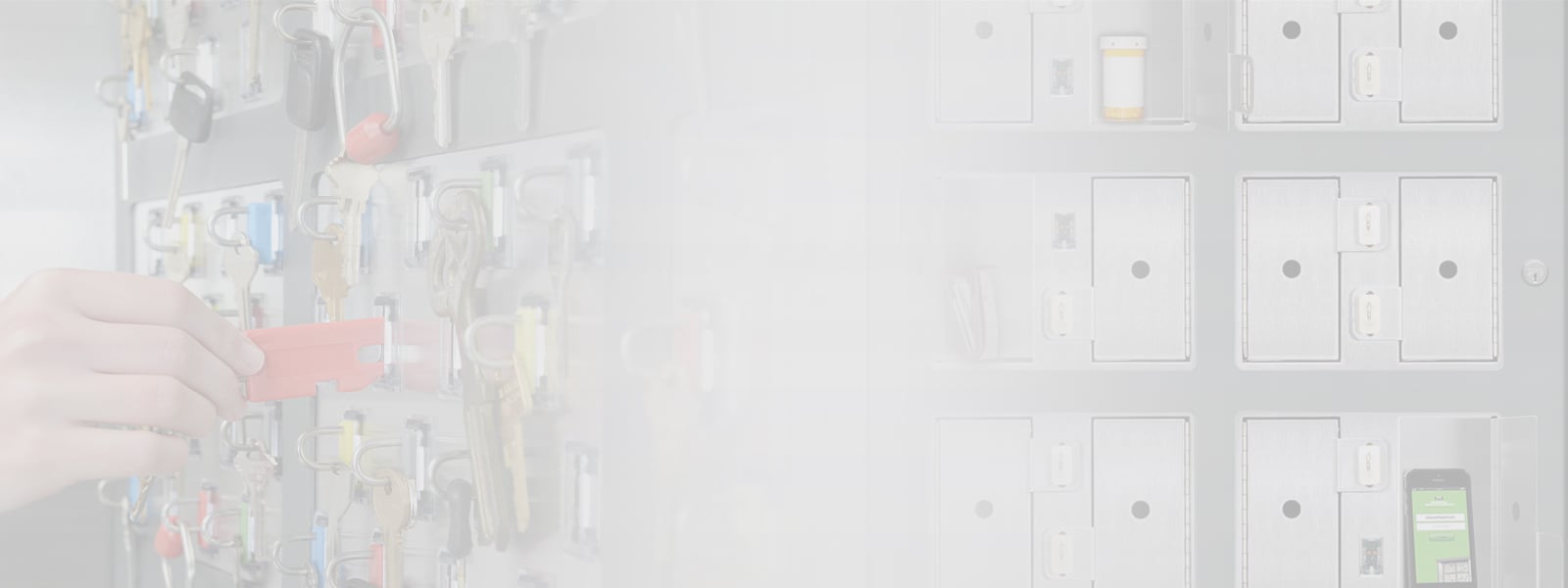The market for automated key control systems has increasingly expanded as end users across a broad plane discover the benefits of controlling access to valuable keys. New markets for automated key control and management systems now go beyond traditional applications in the corrections, healthcare, education, gaming or multi-family markets as well as specific applications such as automotive dealerships.
One such example is the local municipal government where key control is assigned to special services or a specific municipal department. Keys used for local public buildings and assets such as municipal vehicles, alarm boxes and so on and also for critical infrastructure facilities are increasingly being secured and managed using automated key control systems. By maintaining control of who can access keys and having an automated audit trail of all key access activity, municipalities can be better prepared for emergency situations. Managed key control also helps reduce the number of lost keys, which helps keep costs of lock/key replacement to a minimum.
Many municipalities have turned to automated key control systems because they provide a higher level of access control that offers secure storage for keys and allows management to program user restrictions or parameters for optimum key control and management. Users can only remove a key which they are authorized to use by entering a pre-programmed PIN code or scanning their access card or biometric identification. If the criteria entered matches the information stored in the system data base, the key cabinet will unlock and the necessary key can be removed or returned. The other keys will remain locked into place.
Online monitoring, updating and reporting capabilities enhance the functionality of a key control system. At any time, operations can determine in which cabinet a key is stored; which keys are available for access; view who currently has which keys out and for what area and when they are scheduled to be returned; or who has had keys out, for what areas and when. And when keys are not returned when scheduled, e-mail alerts can be sent to management to allow quicker action.



